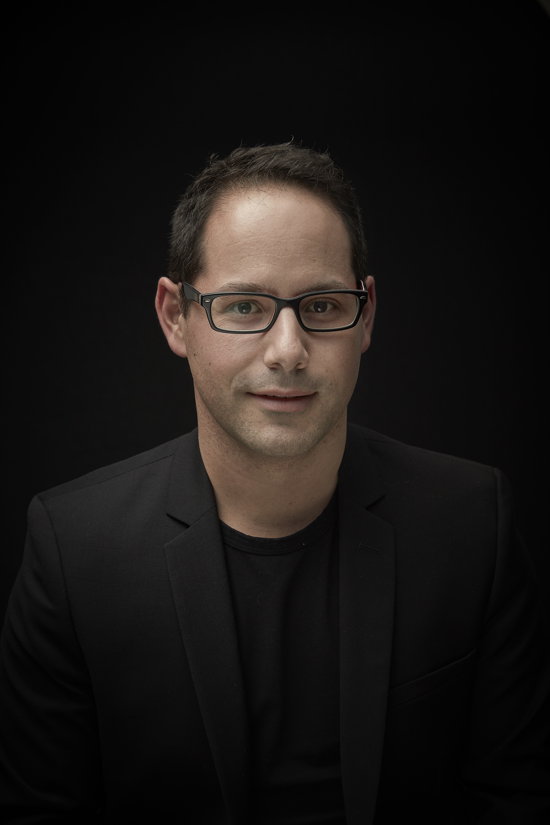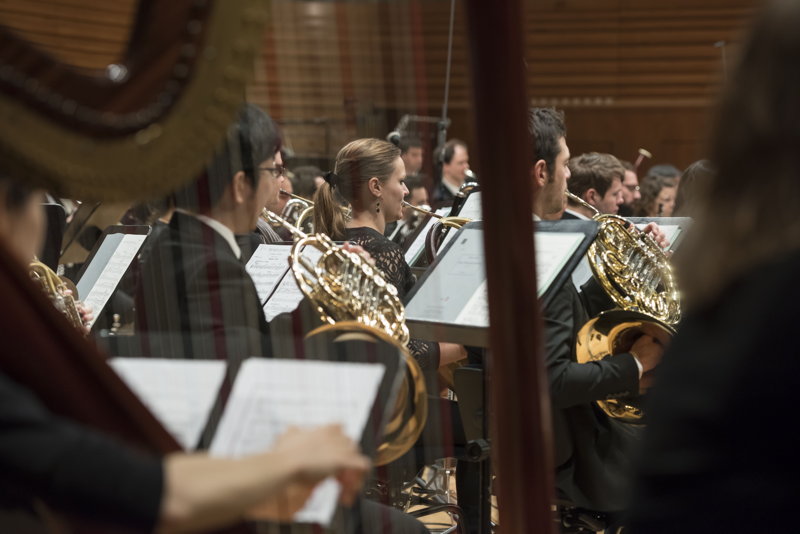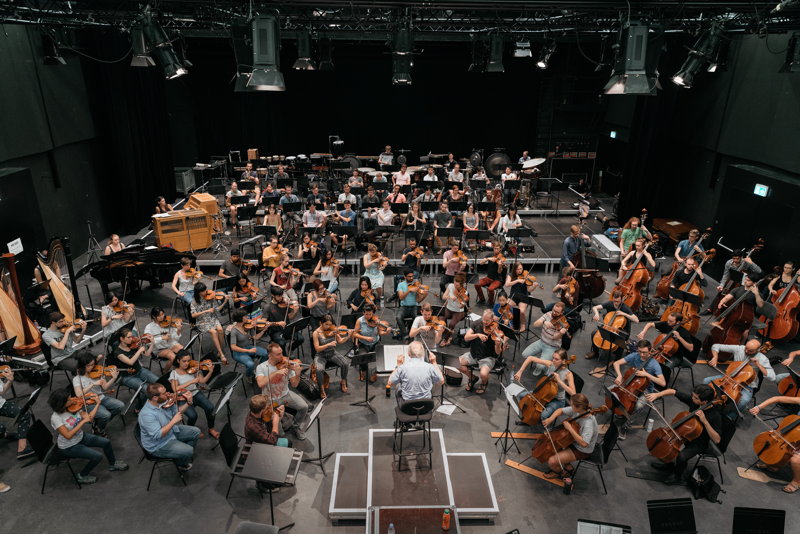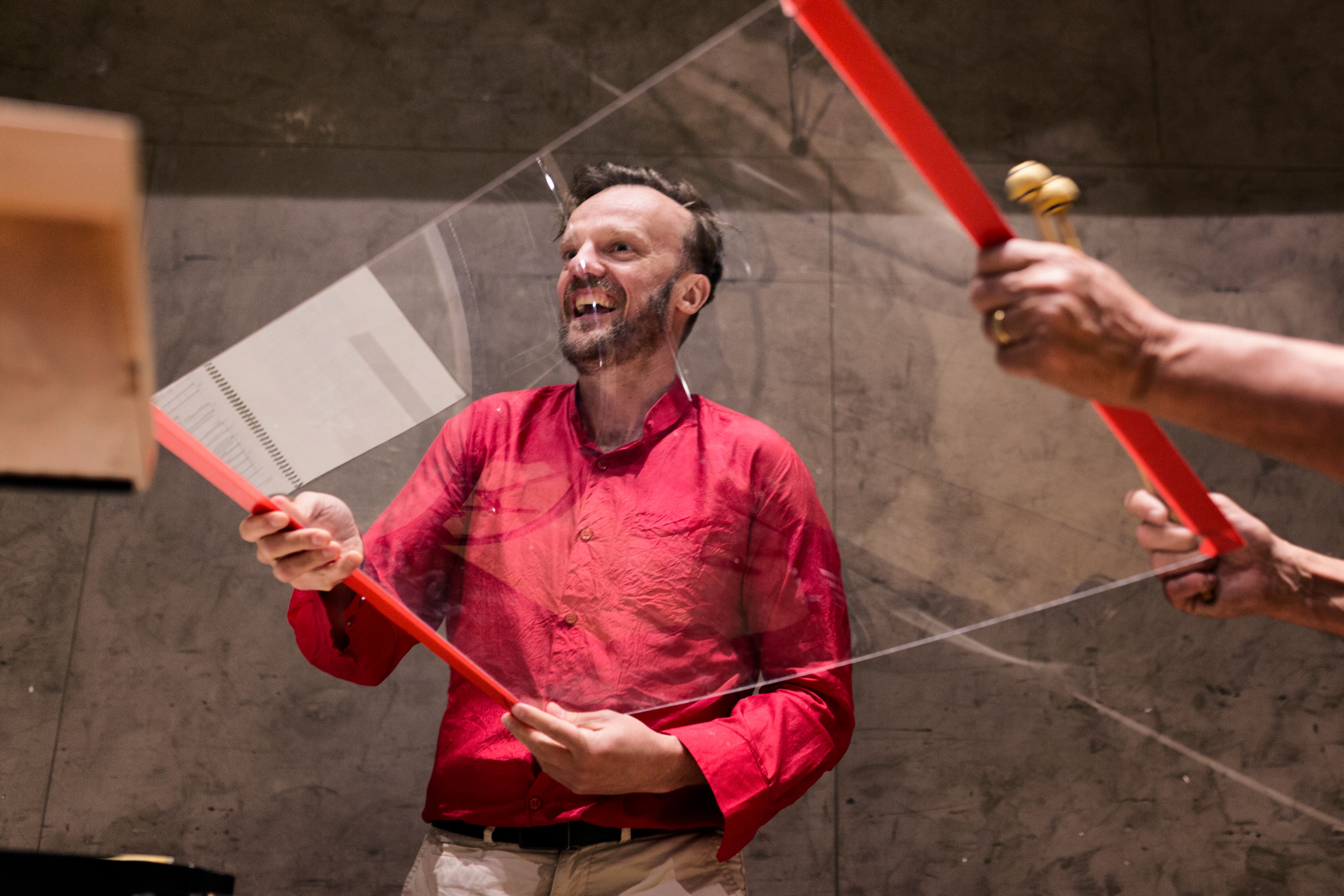From May 6 to 8, Wittener Tage für neue Kammermusik’s programme will feature works by composers from 17 different nations with almost a third of the pieces by Swiss composers.
Peter Révai
The Wittener Tage für neue Kammermusik are the country’s most renowned festival for advanced musical creation. Those who want to experience or listen to the current state of the art in contemporary musical thinking meet in the south-east of the Ruhr region for a spring weekend, just as they did before the pandemic. The festival has been jointly organised by the town of Witten and Westdeutscher Rundfunk WDR since 1969. It owes its reputation to WDR music editor Harry Vogt, artistic director since 1990, he has always succeeded in presenting the most relevant acts in contemporary music with his knowledgeable selections. The punch line is that most of the pieces are commissioned works from all over the world, premiered here and regularly break the common rules codes of chamber music. Another of Vogt’s specialities is that he always has the pieces performed by the best possible interpreters. To the great regret of the scene, Vogt is stepping down as director with this year’s edition.
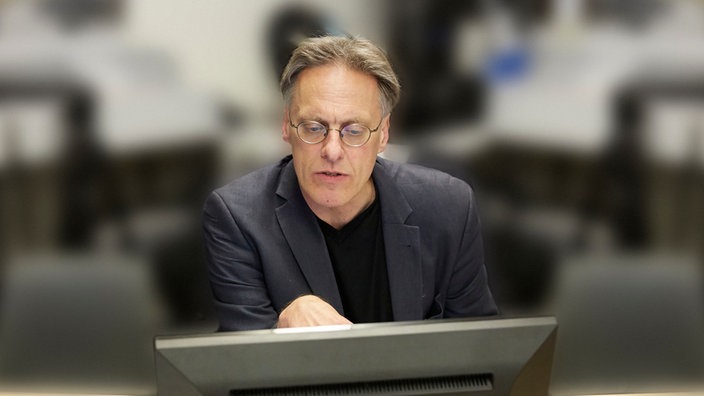
Helvetians ante portas
Regarding the high proportion of participants from Switzerland, Vogt says that this year’s edition could almost be labeled “Swiss days for new chamber music in the Ruhr”. There are also many musicians with foreign backgrounds but teaching in Switzerland, such as the electric guitarist Yaron Deutsch, who will lead the contemporary music department at the Basel Musikhochschule in autumn, soprano Sarah Maria Sun, also teaching there and Lugano-born conductor as well as Arturo Tamayo student Elena Schwarz. As director of Ensemble Moderne, she completes a huge programme with three concerts such as one featuring works by old master Georges Aperghis and one by 38-year-old composer-in-residence Milica Djordjevic, from Serbia, former student of Kyburz, among others. She still lives in Berlin and first caused a sensation in Witten 2017 with the lively sound treatment in her doubled string quartet.
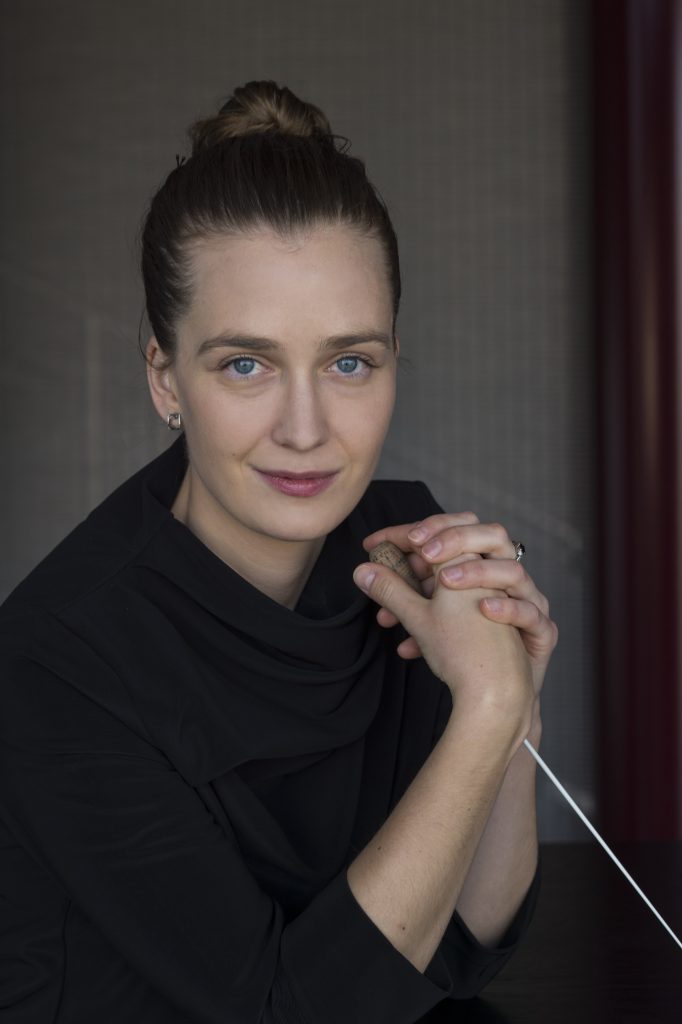
Teodoro Anzelotti, who teaches in Biel, will also make a special appearance. For Witten, he, for whom more than 300 solo pieces have been written, has now also taken on a solo accordion piece by Hanspeter Kyburz, which was long overdue because of the pandemic. Anzelotti reports that they have been talking about it for some 15 years.
Anzelotti has high expectations, especially since, according to him, there are few compositions in which the basic elements of structural thinking and sensuality of sound are so well combined. The composer informs us that the piece is called Sisyphe heureux after French existentialist author Albert Camus, only to add at the end that one should imagine Sisyphus happy – “il faut imaginer Sisyphe heureux”.
Beat Furrer’s new trio also has a longer genesis behind it. Ins Offene should actually have been ready in 2018, but was delayed because of his opera Violetter Schnee, whose premiere took place in Berlin in 2019. The following two years, as we all know, the virus raged. Furrer wrote the piece for Trio Accanto featuring Basel saxophonist Marcus Weiss. Its basis, as in many of Furrer’s works, is the idea of metamorphosis. The permanent, organic transformation takes place on several levels, which are suddenly interrupted by cuts and contrasts, resulting in high emotional qualities and physical moments.
Beat Furrer, Il mia vita da vuolp, Marcus Weiss, Saxophone, Rinnat Moriah, Soprano, world creation, Festival Rümlingen 2019, in house-production SRG/SSR
Furrer’s more recent works address the processing problem in a special way. As he explains: “I was interested in the phenomenon of doubling, but also of distorting in a shadow image, and as a result of cutting voices into each other, the emerging of processuality”.
Further world premieres include works by Betsy Jolas, Sarah Nemtsov, Rebecca Saunders (in cooperation with Enno Poppe) and Iranian Elnaz Seyedi. Despite her 96 years of age, Jolas work in particular, which always opposed the serial abstraction of her French contemporaries, is awaiting due reception in the German-speaking world. A pupil of Darius Milhaud and Olivier Messiaen, Jolas worked for the radio for a long time, then became lecturer in analysis and composition at the Conservatoire de Paris as Messiaen’s successor. Her piece as well as the one by Nemtsov will be performed by Trio Catch with Zurich cellist Eva Boesch.
Ricardo Eizirik, Trio Catch: obsessive compulsive music, world creation 2019
In the Park
For several years now, sound installations have been one of the festival’s essential parts. Every year, different corners and places in Witten are occupied for this purpose. This time it will be a park, designed in 1906 as place of recreation for Protestant nuns who worked in the hospital. They were to get “light and air” there. Now it will offer twelve sound installations and interventions. Of the twelve sound artists involved, four are connected to Switzerland. Visual artist and performer Lilian Beidler, who teaches at the University of the arts in Bern, tries to fathom the joys and longings of yesteryear’s nuns.
Lilian Beidler, Art Mara – Women’s ground 2018
In her work Lustwurzeln und Traumrinden (Pleasure Roots and Dream Barks), she wants to “listen to nature”, to hear whether the confidential conversations of the “lust-walking” nuns are still present in the old trees, seeped into the ground or murmuring in the stream, as SRF editor Cécile Olhausen describes the work. In contrast, the the experienced performer Daniel Ott contributes with a permeable intervention for trumpet, steel drums and voices ad libitum under his own direction.
Mum Hum by Mauro Hertig from Zurich on the other hand deals with completely different natural sounds: the basic material are sounds provided by Ensemble Garage and supposed to correspond to those that an unborn child hears in the womb. Hertig provides an installation setting in which one side of a telephone represents the outside world and the other the soundscape of the foetus in the womb of Hertig’s partner, artist Camille Henrot.
Mauro Hertig: The great mirror, Version Royaumont 2019
Andrea Neumann, who teaches in Basel, created the music choreography Überspringen, for four performers and four mobile loudspeakers. Since 1996, the Freiburg-based artist has been developing her own set of instruments, the so-called inner piano, with which she tracks down beauties in sounds.
But why such an accumulation of works of Swiss provenance? On the one hand, it is probably due to the “performance backlog” as a result of the lockdown measures. There have been no more live concerts in Witten in the last two years – apart from a few streaming broadcasts. On the other hand, many Swiss composers such as Furrer and Kyburz might fit in well with the intendant’s taste and queries, as they create pieces combining technical finesse with great emotional qualities, which Arnold Schönberg would have described as “driving sounds”.
Not to mention the significant support provided by Swiss funding institution Pro Helvetia.
Peter Révai
The Wittener Tage für neue Kammermusik did take place this year from May 6 to May 8. Most of the concerts are available on WDR.
Teodoro Anzellotti, Hanspeter Kyburz, Trio Accanto, Arturo-Tamayo, Elena Schwarz, Georges Aperghis, Rebecca Saunders, Sarah Nemtsov, Betsy Jolas, Enno Poppe, Elnaz Seyedi, Camille Henrot, Andrea Neumann, Milica Djordjevic, Yaron Deutsch
neo-profiles:
Marcus Weiss, Beat Furrer, Lilian Beidler, Mauro Hertig, Sarah Maria Sun, Daniel Ott, Trio Catch, Ensemble Modern


